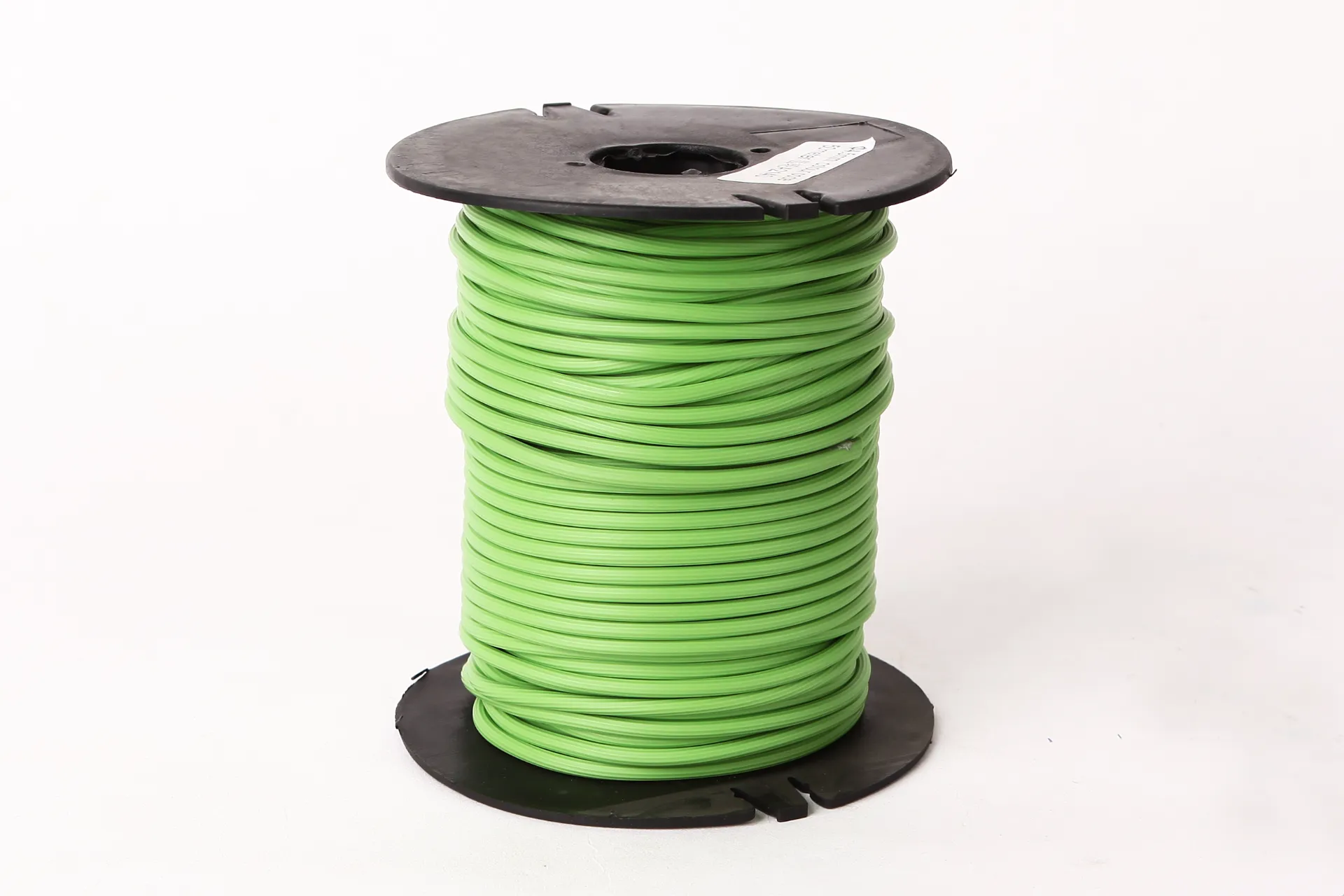Exploring Various Flooring Solutions for Every Style and Need
Exploring Different Flooring Options
When it comes to home renovation and interior design, flooring is one of the most significant elements that can change the entire aesthetic of a space. The choice of flooring not only affects the beauty and style of a room but also impacts maintenance, durability, and convenience. With so many options available, it can be challenging to make the right decision. In this article, we will explore different flooring options available, focusing on their advantages and disadvantages to help you make an informed choice.
Hardwood Flooring
Hardwood flooring is a classic choice that never goes out of style. Made from solid wood, these floors offer natural beauty and warmth. The timeless appeal of hardwood can elevate the interior of any home. Additionally, hardwood floors are durable and can last for decades if maintained properly. They are also easy to clean and can be refinished multiple times to restore their original beauty.
However, hardwood flooring does come with a few disadvantages. It can be quite expensive, especially for high-quality woods like oak or maple. Moreover, hardwood is susceptible to scratching and denting, and excessive moisture can lead to warping. Therefore, it might not be the best option for areas prone to high humidity or water exposure, such as bathrooms and basements.
Laminate Flooring
Laminate flooring mimics the appearance of hardwood, tile, or stone but is made from composite materials. This option is popular among homeowners who want the look of wood without the price tag. Laminate flooring is also highly resistant to scratches, stains, and fading, making it perfect for high-traffic areas.
On the downside, while laminate is durable, it cannot be refinished like hardwood. Once damaged, it typically needs to be replaced. Additionally, laminate flooring can feel less authentic than real wood, and the lower-quality versions may not hold up as well over time.
Vinyl Flooring
Vinyl flooring has gained tremendous popularity in recent years due to its versatility and cost-effectiveness. It comes in sheets, tiles, or planks and is available in an array of styles, colors, and designs. Vinyl is waterproof, making it an excellent option for kitchens and bathrooms. It is also soft underfoot and easy to clean, which is ideal for families with young children or pets.
enlio different flooring options

The downside to vinyl flooring is that it can be less durable than other options. While high-quality vinyl can last up to 20 years, lower-quality products may wear out more quickly. Additionally, vinyl can fade over time when exposed to direct sunlight, and some people may prefer natural flooring materials over synthetic options.
Tile Flooring
Tile flooring is a durable and versatile option available in numerous styles, colors, and materials such as ceramic, porcelain, and even natural stone. Tile is waterproof and resistant to stains, making it a perfect choice for wet areas like bathrooms and kitchens. It’s also easy to clean and maintain, making it ideal for busy households.
On the downside, tile can be cold and hard underfoot, which may not be comfortable for extended standing. Furthermore, the installation can be labor-intensive and requires an experienced contractor, leading to higher costs.
Carpet Flooring
Carpet flooring adds comfort and warmth to any room, making it a popular choice for bedrooms and living areas. Available in a wide range of colors, patterns, and textures, carpet can enhance the aesthetic value of a home. It also provides sound insulation, making spaces quieter.
However, carpets can be challenging to maintain. They are prone to stains and require regular cleaning. Additionally, carpets can harbor allergens and dust mites, which may be a concern for those with allergies.
Conclusion
Choosing the right flooring for your home is vital as it can significantly impact both the aesthetic appeal and functionality of your space. Each flooring option, whether hardwood, laminate, vinyl, tile, or carpet, has its own set of advantages and drawbacks. It’s essential to consider factors such as location, budget, maintenance, and style preferences when making your decision. By weighing the options and understanding their characteristics, you can find the perfect flooring that fits your lifestyle and complements your home beautifully.
-
SPC Vinyl FlooringJul.18,2025
-
Home SPC FlooringJul.18,2025
-
Heterogeneous Sheet Vinyl: The Ultimate Commercial Flooring SolutionJul.15,2025
-
Dry Back LVT Flooring: A Durable and Stylish Flooring SolutionJul.15,2025
-
Click LVT Flooring: A Stylish and Convenient Flooring SolutionJul.15,2025
-
SPC FlooringJun.24,2025




